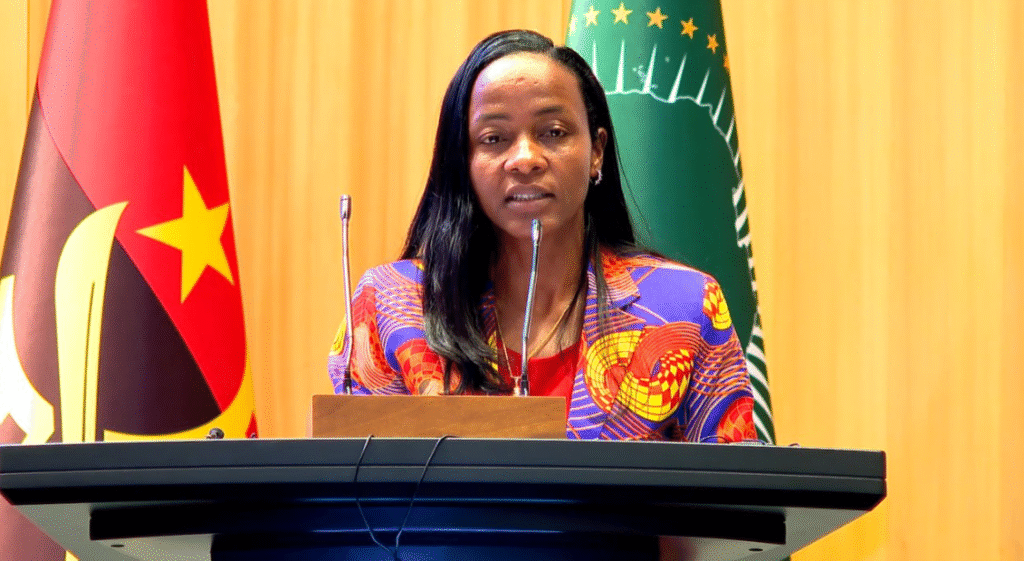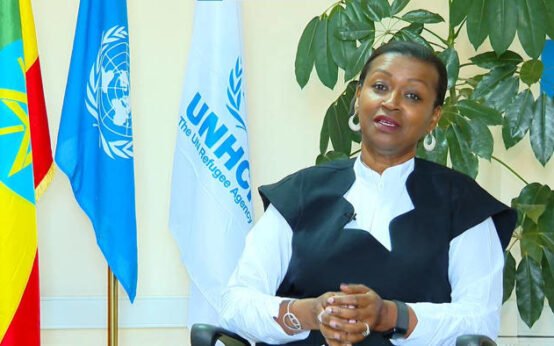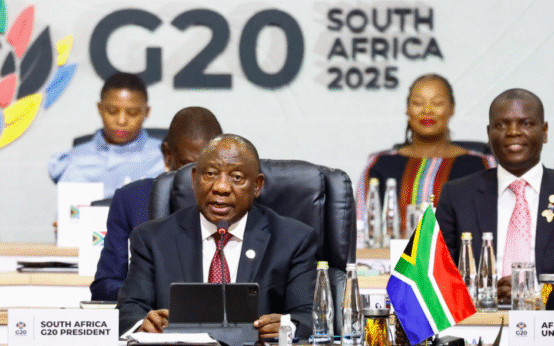Ethiopia is taking a major step forward in its battle against financial crime by hosting three important regional gatherings the 50th Senior Experts Meeting, the 25th Ministerial Meeting, and the 8th Public Private Dialogue Forum of the Eastern and Southern Africa Anti-Money Laundering Group . Held in Addis Ababa, these meetings aim to align regional strategies and build financial defenses that go beyond national efforts.
Legal Reforms to Close Gaps and Boost Enforcement
Ethiopia has strengthened its legal framework with a revised anti money laundering and counter-terrorism financing law. The updated proclamation expands the power of the Financial Intelligence Service , increases penalties, tightens definitions of financial crimes, and brings digital assets like cryptocurrencies under legal control. Initially, the law also included a controversial clause granting undercover agents broad immunity until Parliament removed that provision amid concerns about unchecked power.

Meanwhile, lawmakers are pushing ahead with an asset recovery law that allows investigators to seize unexplained wealth even if officials never face criminal charges. Under this law, courts can not only freeze assets but also appoint asset managers to oversee these holdings.
National Coordination and Institutional Upgrades

Ethiopia has also set up a National AML and CTF Committee, chaired by the Cabinet Affairs Minister. The committee brings together more than 20 government institutions including the National Bank, Justice Ministry, law enforcement, and financial regulators to coordinate reform and enforcement under a whole-of-government approach. The committee’s goal: align legal reforms, strengthen financial intelligence, and improve institutional capacity.
On the ground, the Financial Intelligence Service reformed in 2022, now works hand-in-hand with law enforcement to track illicit money flows and terrorism financing. Justice officials point out that banks, real estate developers, NGOs, microfinance institutions, and even vehicle dealers may be involved in money laundering.


 UNHCR Praises Ethiopia’s Leadership in Refugee Hosting Amid Global Funding Crisis
UNHCR Praises Ethiopia’s Leadership in Refugee Hosting Amid Global Funding Crisis  Ethiopia Expands Early Childhood Education Nationwide with Major Investments
Ethiopia Expands Early Childhood Education Nationwide with Major Investments  Ethiopia’s 5 Million Coders Program Boosts Digital Skills Among University Students and Youth
Ethiopia’s 5 Million Coders Program Boosts Digital Skills Among University Students and Youth  Ethiopia Nationwide Dialogue ECSOC Calls It a Critical Opportunity for National Consensus
Ethiopia Nationwide Dialogue ECSOC Calls It a Critical Opportunity for National Consensus  Ethiopia and UAE Reaffirm Commitment to Deepen Strategic Partnership
Ethiopia and UAE Reaffirm Commitment to Deepen Strategic Partnership  Ethiopia Raises Africa’s Voice on the World Stage at Historic G20 Summit
Ethiopia Raises Africa’s Voice on the World Stage at Historic G20 Summit